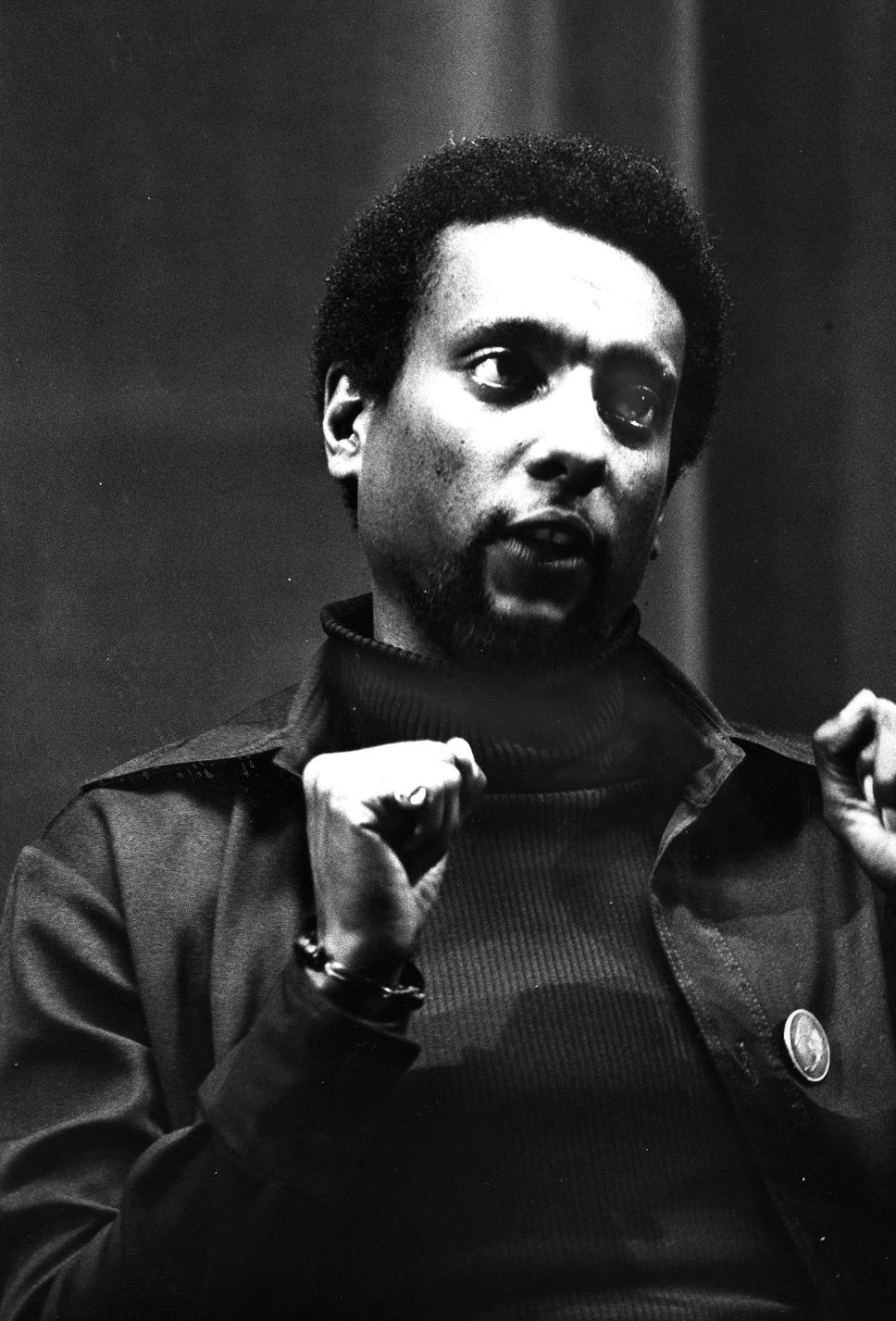Kwame Ture: A Revolutionary Voice for Freedom and Pan-Africanism
Kwame Ture, born Stokely Carmichael, was a pivotal figure in the American civil rights movement and a tireless advocate for global Pan-African unity. His fiery rhetoric, uncompromising stance, and powerful organizing skills made him a controversial yet undeniable force for change.
Kwame Ture: A Fire Still Burning Bright
Kwame Ture, also known as Stokely Carmichael, was a fearless voice of defiance and a leading figure in the fight for liberation. His journey from student activist to revolutionary icon was marked by a relentless commitment to dismantling systems of oppression, both in America and throughout the world.
From Civil Rights Activist to Black Power Leader
Carmichael rose to prominence in the 1960s as a student activist and later chairman of SNCC (Student Nonviolent Coordinating Committee). He was a key figure in the Freedom Rides and other major civil rights campaigns. However, disillusioned with the limits of non-violence, Carmichael introduced the concept of Black Power, a call for self-determination, pride, and economic empowerment for Black communities.
The Voice of Black Power
Emerging from the Civil Rights Movement, Kwame Ture saw the limitations of peaceful protest and nonviolence. He challenged the status quo with fierce determination, calling out the deeply embedded racism in American society. His advocacy for Black Power ignited a movement – a call for self-determination, economic empowerment, and unwavering pride within Black communities.
A Visionary for Global Unity
Ture's vision transcended borders. He championed Pan-Africanism, the powerful idea of solidarity between people of African descent worldwide. His work and words connected freedom struggles across continents, building bridges between those facing colonialism and its aftermath. He was an unwavering voice for revolutionary change, challenging imperialism and capitalism at their core.
Embracing Pan-Africanism
Carmichael's activism took on a global dimension. He forged connections with anti-colonial movements and traveled extensively in Africa. In 1969, he renounced his American citizenship and settled in Guinea, West Africa. He adopted the name Kwame Ture, honoring Ghanaian leader Kwame Nkrumah and Guinean leader Sékou Touré, to signify his commitment to Pan-Africanism – the idea of solidarity and liberation for all people of African descent.
Champion of Revolutionary Change
Kwame Ture spent the rest of his life advocating for revolutionary socialist change across Africa and the world. He wrote extensively, spoke passionately, and tirelessly supported liberation movements. His staunch anti-imperialist and anti-capitalist views made him a target of Western governments but a hero to many fighting for self-determination.
Controversial But Unignorable
Kwame Ture was a polarizing figure. His fiery speeches and willingness to embrace controversial stances could be alienating. However, his deep commitment to the liberation of oppressed people, his sharp intellect, and his unwavering belief in global Black unity are undeniable.
An Unwavering Commitment to Liberation
Throughout his life, Kwame Ture wrote, spoke, and acted in service of his ideals, even when it made him a target. His unwavering belief in the power of the people and his tireless pursuit of justice made him a symbol of resistance to many and a revolutionary to be reckoned with.
Legacy
Though Kwame Ture passed away in 1998, his legacy continues to inspire activists around the globe. His words resonate powerfully with those still struggling against oppression. His call for self-determination and his visionary work for Pan-African unity remain touchstones for the ongoing pursuit of true liberation.
Legacy
Kwame Ture died in 1998, but his legacy lives on. He inspired countless activists and remains a symbol of radical resistance. His writings continue to be studied, and his emphasis on Pan-African unity resonates within global social justice movements today.
Quotes to Remember
- "If a white man wants to lynch me, that's his problem. If he's got the power to lynch me, that's my problem. Racism is not a question of attitude; it's a question of power."
- "In order for nonviolence to work, your opponent must have a conscience. The United States has none."
Where to Learn More
- "Ready for Revolution: The Life and Struggles of Stokely Carmichael (Kwame Ture)" by Michael Thelwell
- Kwame Ture's speeches on YouTube.
- The All-African People's Revolutionary Party website: [invalid URL removed]
Kwame Ture's life and work remind us that the fight for freedom is long, complex, and often riddled with contradictions. Yet, his unwavering dedication to justice serves as a powerful inspiration for those who continue to fight against oppression in all its forms.


